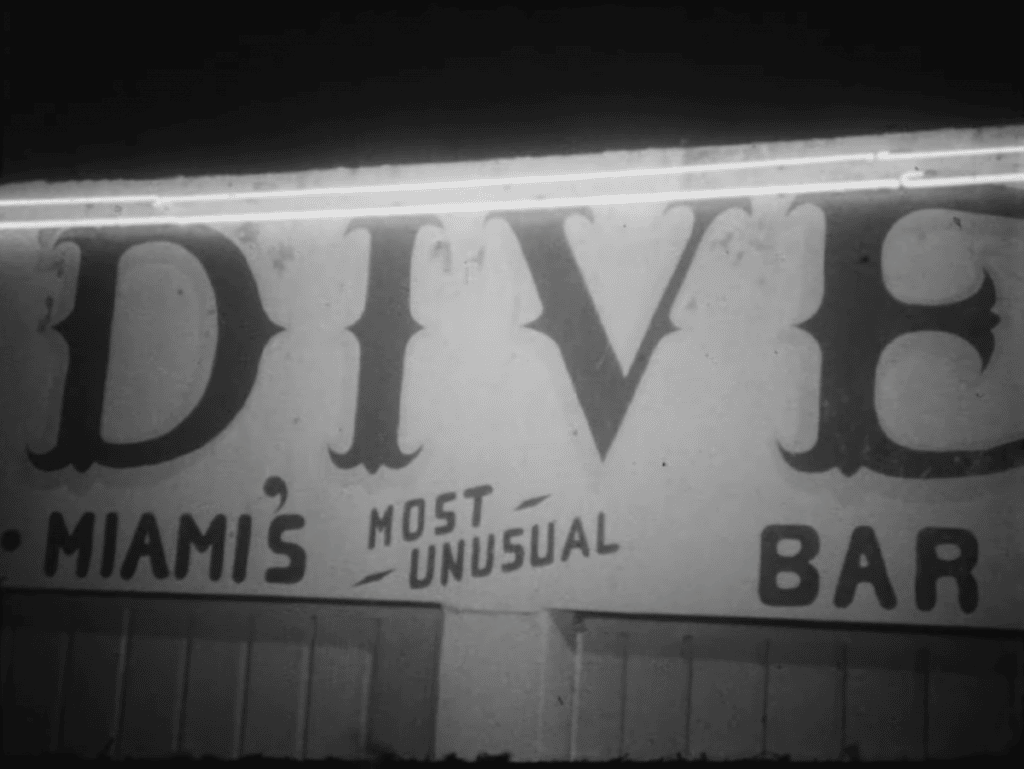Read also:
How to Watch FX Live Without CableHow To Watch AMC Without CableHow to Watch ABC Without CableHow to Watch Paramount Network Without CableThe variety of creative voices in FX’s new docuseries lifts up what can be an inconsistent jaunt through 70 years of LGBTQ history.
Despite it being mid-May, the first signs of summer are already upon us. No, I’m not talking about rising temperatures or the release of tentpole blockbusters, I’m talking about my local PetSmart setting up its pride section. In recent years, gay pride month has gone from niche celebration to a new sort of corporate holiday, with major brands such as Target, McDonald’s, and the aforementioned PetSmart creating advertisements and apolitical merchandise designed to invoke a sort of fun that’s a far cry from the anger that sparked the Stonewall riots. (And let’s not forget how many corporations spend money on both pride floats and homophobic politicians.)
Emerging from this contradictory mess of rainbow capitalism is FX’s docuseries Pride, a six-part chronicle of the LGBTQ rights movement from the 1950s to the present day. Despite its unwieldy task of condensing 70 years of history in less than six hours, the show manages to be informative, entertaining, and appeal to those who are well versed in the LGBTQ movement. On top of that, it’s accessible to those whose knowledge of queer culture is restricted to RuPaul’s Drag Race memes.
The LGBTQ community has never been a monolith, and it’s important to facilitate different points of view to gain a fuller picture of the queer experience. As such, each episode of Pride has a different director, boasting such queer luminaries as Cheryl Dunye (The Watermelon Woman), Tom Kalin (Swoon), and Yance Ford (Strong Island). Each one proudly shows their respective passions and points of view.

The episodes themselves are structured around a specific decade with a mixture of personal stories set against the backdrop of the broader zeitgeist. This emphasis of the personal supplemented by the political is what sets Pride apart. Obviously, it’s important to educate viewers who are new to queer history about the lavender scare, the Stonewall riot, and the AIDS crisis, but those can feel old to others. Thankfully, Pride educates the neophytes in the basics while managing to veer its episodes into unexpected territory.
The biggest subversion of expectations is the first episode, which details gay life in the 1950s. While Kalin discusses the purging of gays and lesbians from government positions, he also manages to show the joy of queer life and how the LBGTQ community managed to form connections. Similarly, Anthony Caronna & Alex Smith’s episode on the 1980s is less about how the AIDS crisis ravaged the gay and trans communities, although it doesn’t sugarcoat the devastation it wrought. Instead, it’s more about how the community managed to cope with the plague through education and political activism, as well as the vibrancy of gay nightlife.
That isn’t to say that Pride acts as if the LGBTQ community is some perfectly unified front. The show is critical of the respectability politics that plagued early gay rights organizations like the Mattachine Society, which shunned trans and gender-nonconforming members of the queer community. Surprisingly, for a series shown on a major television network, it also condemns performative advocacy without accompanying political action.
Bill Clinton is skewered for walking back his pro-gay rhetoric once he enters office. A trans activist decries people who overstate the value of media representation when there’s so much anti-trans sentiment in politics. Refreshingly, the series doesn’t act like homophobia and transphobia are a thing of the past. It ends with a message of “we still have a ways to go” instead of “we made it.”
It may not be a deep dive into the rich and varied world that is queer culture, but it’s a great place to start.
But while Pride tells compelling stories, its narrative can be a bit unfocused as episodes rarely take deep dives into their topics. This is unsurprising; as no one can tell an in-depth story about a multifaceted community in a large country over a span of 70 years in a limited series. Hell, each decade could have had its own series and still would only scratch the surface. While it’s understandable, it can be frustrating when a figure or topic you care about gets glossed over. (I was particularly miffed that the 1960s and 1970s episode barely mention trans icons Sylvia Rivera and Marsha P. Johnson.)
The unevenness is also present in the visual style and episode structure. Each director brings their own style to their episode. Some use animations to tell the stories, some using fourth-wall-breaking reenactments, and others relying strictly on interviews and archival footage. While all of the episodes are visually appealing, the bar is set high with the first episode’s dreamy aesthetic that makes the rest of the show look bland by comparison. More confusing is the fact that while most of the episodes are broken into individual acts, but some aren’t. The acts themselves don’t have much narrative purpose, and the structural differences throughout the show feel more like oversights than choices.
Granted, these are comparatively minor flaws in a docuseries that, overall, is a great watch. When corporations are determined to separate pride from its radical roots, it’s refreshing to see a major channel educate the masses on LGBTQ history without omitting how the straight world failed the queer community and even how the queer community failed itself. It may not be a deep dive into the rich and varied world that is queer culture, but it’s a great place to start.
Pride premieres this Friday, May 14, on FX.